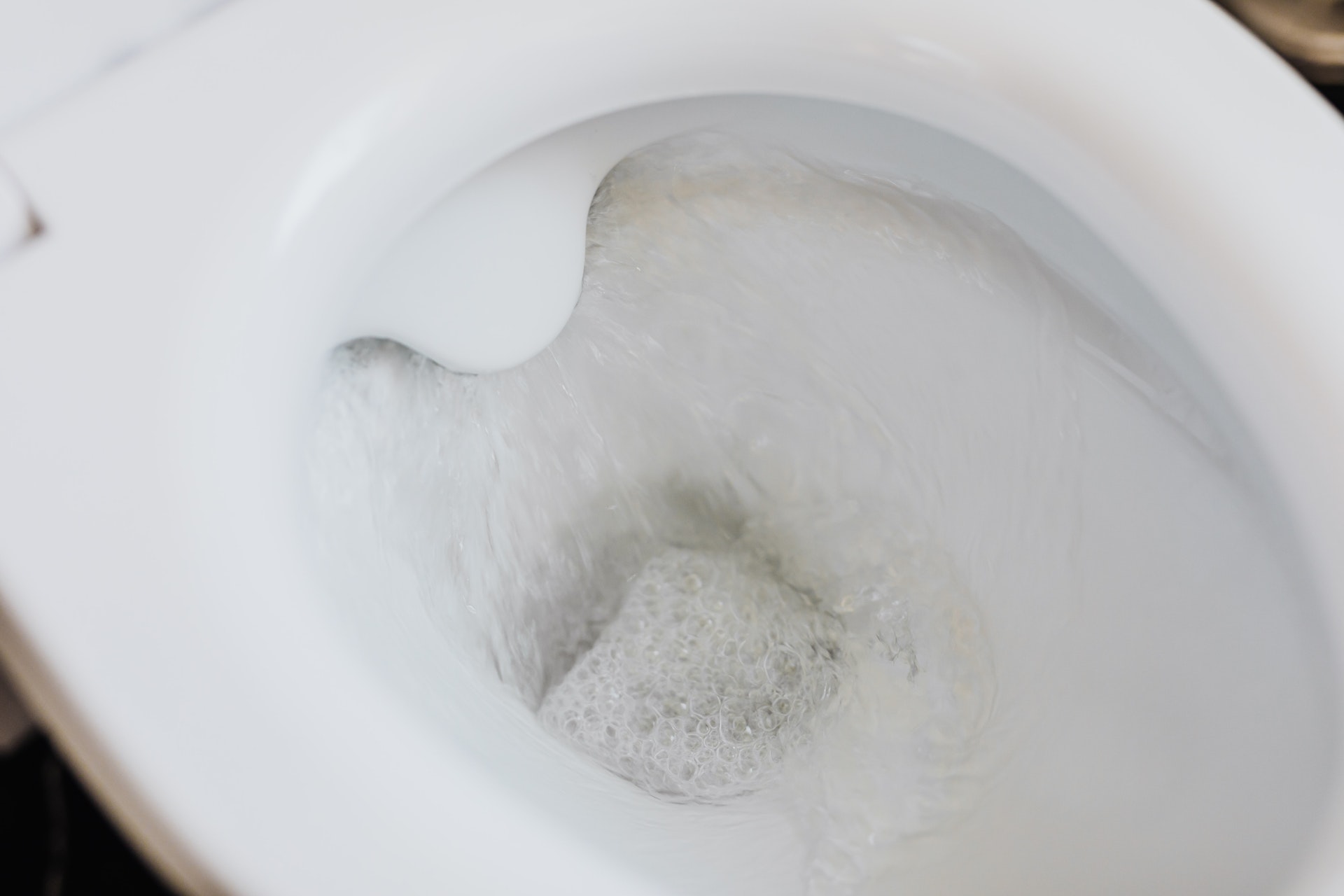
Docket number: 14-cv-1142 (E.D.N.Y.)
Appellate docket number: 24-425 (2d Cir.)
The Hamilton Lincoln Law Institute represents an objector challenging the fairness of a settlement that pays less than $1 million to the class and provides clear sailing for over $4 million in fees to the attorneys (whom the district court awarded over $3 million).
The class action was brought by a plaintiff seeking damages and injunctive relief on behalf of himself and the class, alleging that the wipes products that Kimberly Clark sold as “flushable” and safe for sewer and septic systems are not suitable for flushing and routinely damage or clog pipes, septic systems, and sewage lines.
The parties reached a settlement that would pay each class member who filed a valid claim either $0.70 per package of wipes, up to a maximum of $7.00, without proof of purchase, or $1.10 per package, up to a maximum of $50.60, with proof of purchase. The settlement had a $20 million cap on all claims.
Following the claims process, which required class members to complete a lengthy form, and required proof of purchase of a disposable product over the course of a decade-long class period to obtain more than $7.00, the class had claimed only $1.35 million (before claims were validated). The remainder of the $20 million supposedly “made available” for the class would remain with Kimberly Clark. Class counsel nevertheless sought $4.1 million in fees and expenses — multiple times the class payout and even as 99% of the class recovered nothing.
On behalf of the objector, HLLI argued that the settlement does not meet Rule 23(e)’s fairness standard and should be rejected. Rule 23(e)(2)(C)(ii)-(iii) requires courts to examine “the effectiveness of any proposed method of distributing relief to the class, including the method of processing class-member claims” and the terms of a proposed award of attorneys’ fees, including the timing of payment. Here, HLLI argued, the proposed method of distributing class relief is woefully inadequate, leaving the overwhelming majority of the class with nothing, while the attorneys seek millions of dollars for themselves, paid far more expeditiously than the class’s claims. The settlement should not be approved unless and until the parties remedy the disproportionate allocation that favors counsel over the class by, at a minimum, allowing class members to recover any reduction in attorneys’ fees. Rule 23(e) requires this result, and it reinforces the importance of incentivizing class counsel to maximize class recovery by awarding fees that are appropriately proportionate to the actual class benefit.
HLLI argued in the alternative that attorneys’ fees should be reduced to the 25% benchmark of the actual benefit to the class–not the illusory $20 million “made available,” as the parties knew from experience and from the burdensome claims process they imposed that the claims rate would be miniscule.
The court held a fairness hearing on September 7 and asked for further briefing. Frank submitted his supplemental briefing on October 24, 2022, reiterating his objections to the settlement and raising the issue that the disparate pay outs to various state claim holders created an interclass conflict and, by extension, raised additional concerns about the adequacy of class counsel’s representation of the class. The same day, Frank submitted proposed findings of fact and conclusions of law to the Court to assist determination of its final order.
On June 12, 2023, Judge Pamela K. Chen granted final approval to the underlying settling, and scheduled a further hearing concerning requested attorneys’ fees, which occurred on September 20.
At the September 20 hearing, the Judge Chen “reopened” final approval in light of a Second Circuit decision, but indicated she will likely grant approval again under. The court also requested that plaintiffs provide detailed billing in the case.
On January 17, 2024, the Court approved the settlement and awarded attorneys fees of $3,169,335.02–nearly $800,000 less than plaintiffs requested. Meanwhile, the class will recover about $993,958.70. We have appealed to the Second Circuit.
Case Documents
| Description | |
| Jan 17, 2024 | AMENDED FINAL ORDER Granting Final Approval |
| Jun 12, 2023 | MEMORANDUM AND ORDER Granting Final Approval |
| Oct 24, 2022 | PROPOSED FINDINGS OF FACT AND CONCLUSIONS OF LAW of Theodore H. Frank |
| Oct 24, 2022 | SUPPLEMENTAL BRIEF of Theodore H. Frank |
| Aug 16, 2022 | OBJECTION of Theodore H. Frank |
